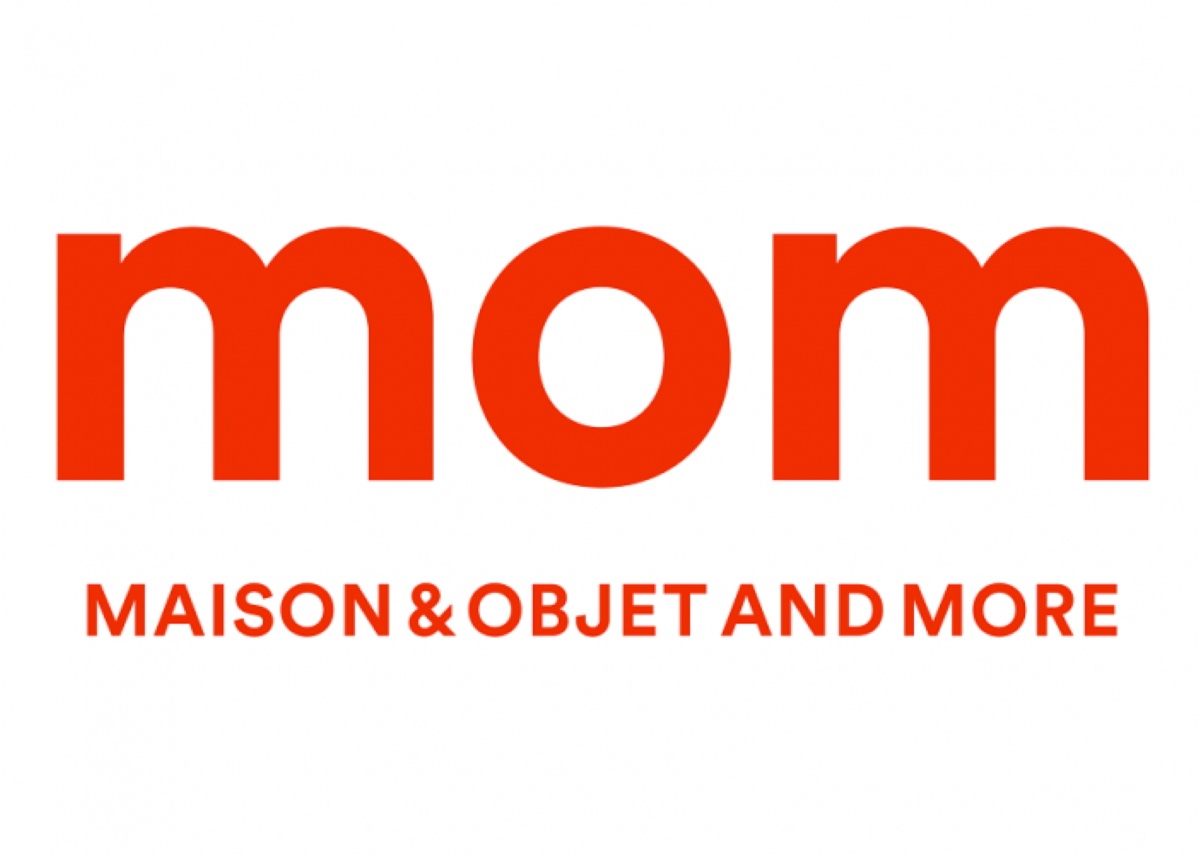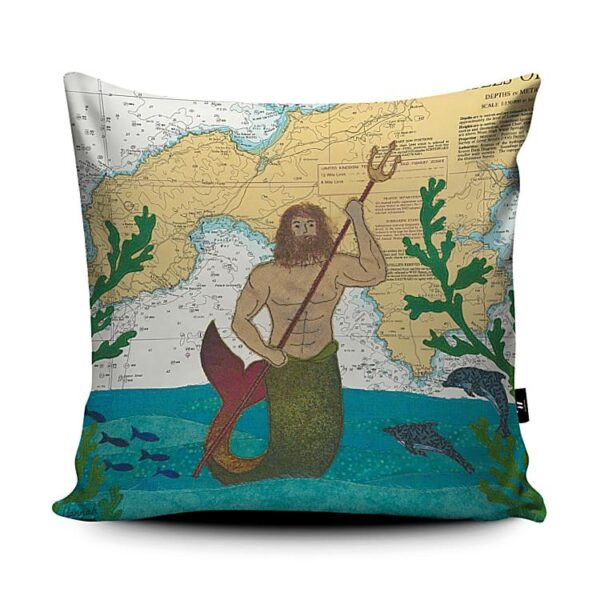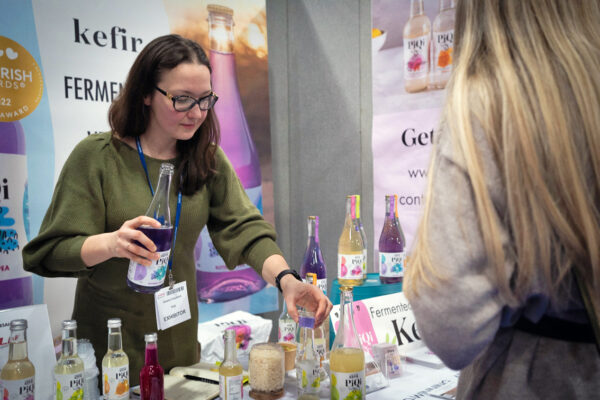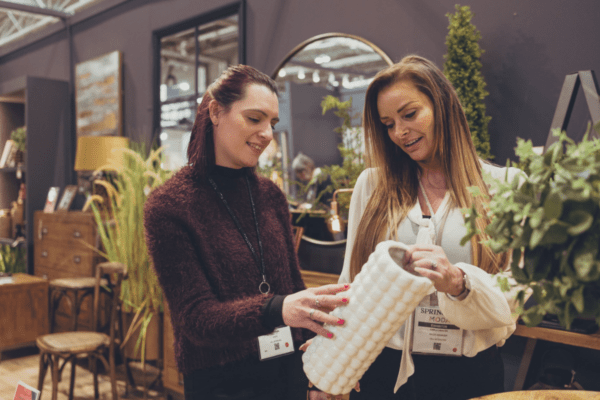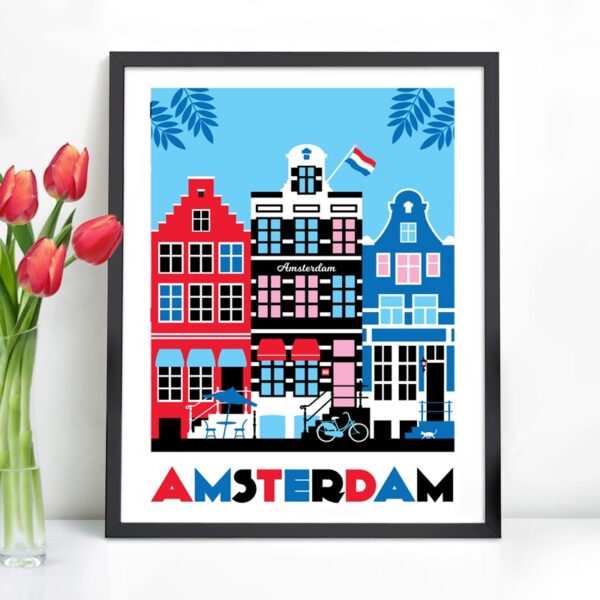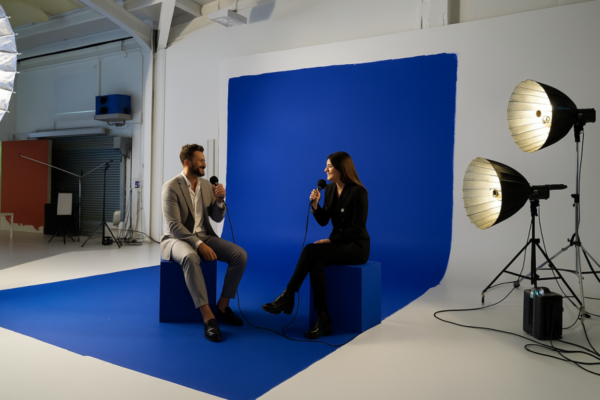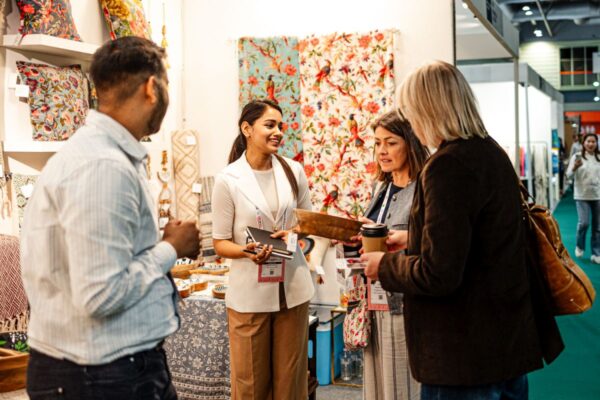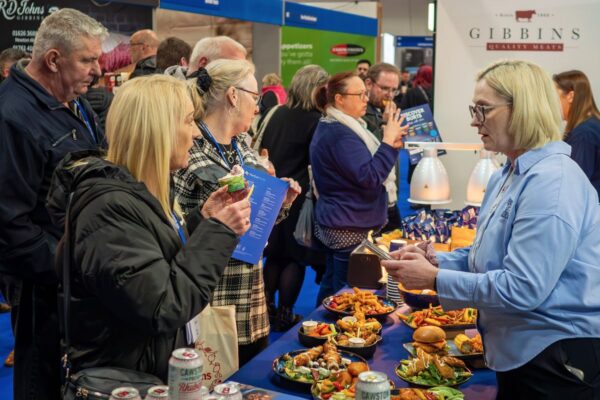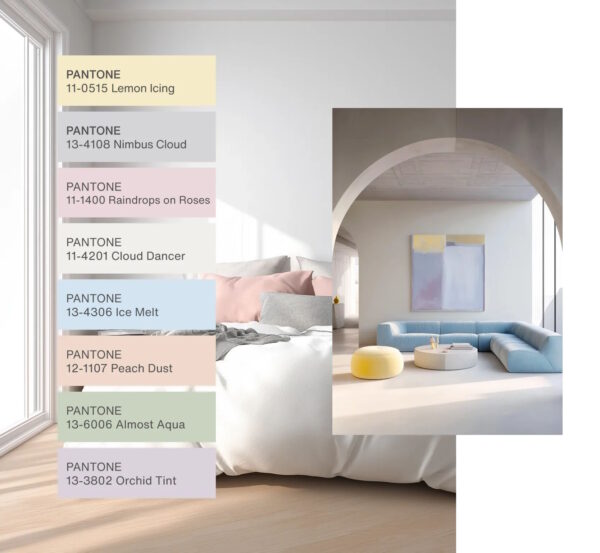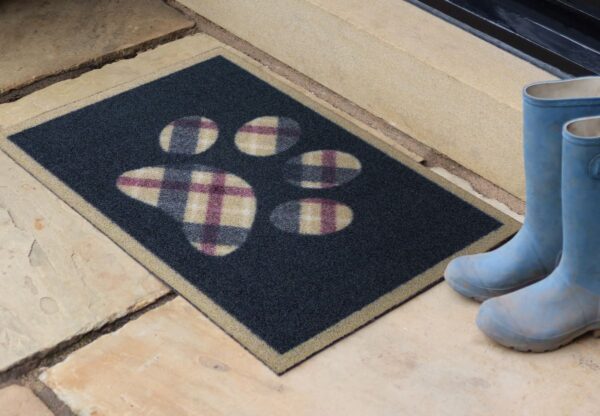On Tuesday December 8 a virtual roundtable discussion was held between global trade show leaders to discuss the state of the exhibitions industry since coronavirus struck.
Representatives from exhibitions around the world, including Messe Frankfurt and Maison et Objet shared their views on the year past and years to come, especially the role played by digital exhibitions in the absence of physical events.
Sebastien de Hutten of Playtime said: “Digital and physical exhibitions are two sides of one same coin”, pointing out that it is “easy to forget there were problems before the crisis came. [Prior to the pandemic] it was already tough for shows, I think we were in a period of transition which accelerated. There are extraordinary benefits to both digital and physical shows and the real challenge is bringing the two together”.
A number of participants said they felt the paradigm had been reversed and that exhibition organisers are now primarily digital platforms with a physical show bolted on, a complete about-turn from the state of affairs we were in less than a year ago, when digital was a support mechanism for the main, physical event.
De Hutten continued saying that organisers might now be in a situation where they must adapt the physical shows to boost and give priority to the digital platforms.
Many present said their digital events had ‘democratised’ the industry, enabling many more companies to join exhibitions as physical stands had been too expensive but a virtual showcase was affordable.
Denre Bruins, developer of the digital editions of the British Craft Trade Fair, said the show had welcomed hundreds of buyers to the online events, 84% of whom had never attended BCTF’s physical event in Harrogate. Many new exhibitors also participated for the first time online.
It was also acknowledged that: “We already know buyers don’t always write orders at a show, it doesn’t even make sense to do this when time is short, so the digital offering can extend the event and order-writing opportunity, thereby improving the physical experience. We must not oppose the digital!”
Whilst some organisers felt pessimistic at the seismic developments taking place in their industry, the managing director of Maison et Objet, Philippe Brocart, had a very optimistic perspective, saying:
“We launched our digital platform in September 2016 (MOM – Maison et Objet and More), which already had a team of 15, a good platform at Maison and a well-engaged community. [In 2020] we accelerated our model which links the physical and digital, so all those things were quite positive for our business.
“We also had the opportunity between two lockdowns to organise Paris Design Week, which takes place every September and is a mixed exhibitions for young talents and a lot of showrooms. We feel very positive that our community had the opportunity to meet and for the future we see how positive the people were when they had the opportunity [to connect].
What Mr Brocrat believes is missing from the digital experience is the means to truly innovate, “to create initiates to get fresh ideas, we need to meet people, visit events discuss ideas with brands, architects, designers, the community as a whole, and as we cannot do that in an efficient way right now, I would say we get less ideas. We don’t have the opportunity to engage with the people properly and our community misses it too, you need to meet people if you want to be creative”.
Everyone is looking forward to getting their shows back on the (non virtual) road in 2021!


